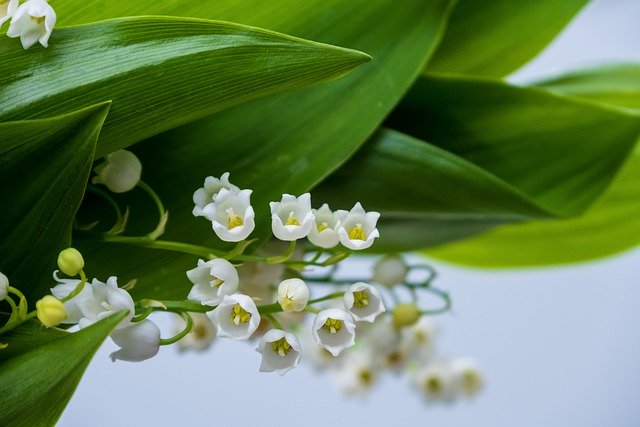Tami Simon recently interviewed psychiatrist Dr. Lise Van Susteren on Emotional Inflammation as part of the Insights at the Edge podcast series. Lise drew on her newly published book co-authored with Stacey Colino, Emotional Inflammation: Discover Your Triggers and Reclaim Your Equilibrium During Anxious Times. While the book was written before the onset of the Coronavirus, it is made even more relevant in these times of the global dislocation caused by the pandemic. Lise maintains that emotional inflammation existing before the outbreak of the Coronavirus has been aggravated by the virus and its flow-on effects such as anxiety and grief and the unnatural states of social isolation and social distancing.
Prior to the onset of the Coronavirus, people were experiencing emotional inflammation as a result of our global and local environments impacted by climate change, gun violence, racial and refugee discrimination, economic disparity and turbulent economic conditions. Lise acknowledged that the pre-existent emotional inflammation has been exacerbated by the advent of the Coronavirus.
She described out current conditions as a “fraught inflamed time” and encouraged us to be kind to ourselves and others as we work our way through the many challenges confronting us on a daily basis. Lise maintained that individuals will deal with the challenges in different ways, e.g. some will keep themselves busy and get engaged with community work such as The Care Army, while others will use the time to retreat, read and reflect and/or listen to encouraging and inspiring podcasts.
Loss of connection to nature
I have previously discussed the impact of the “nature-deficit disorder” and the loss of connection to nature and its healing powers. Lise, who is a renowned climate change activist, argues that much of our emotional inflammation is caused by a loss of harmony with nature and its natural energy flows. We have not only devastated our ecosystems (and the “immune system of the environment”) but also lost our capacity to be attuned to nature and its tranquillity and timelessness.
We have become time-poor, impatient, intolerant and stressed by the pressures that surround us and, increasingly, by the technologically paced character of our lives. We refer to “slow mail” and “running out of time” on a consistent basis as our communications have increased in speed, simultaneously with increased expectations about response times and constant exposure to information overload – we are drowning in information and unrealistic expectations.
Lise is a firm believer that our ecology impacts our biology and she bases her assertions on sound scientific evidence. She is at pains to point out that climate change has a devastating effect on our physical and mental health, a perspective reinforced by the American Psychiatric Association (APA). Our physical and mental health is intimately linked to our connectedness to others and to nature. Connection is a deeply felt need and frustration of this connection leads to physical and mental illness, including depression, ill-health and anxiety.
Reflection
Emotional inflammation is strongly associated with disconnection from nature. Reconnection with, and respect for, nature can bring many health benefits and reduce the enervating effects of this “fraught inflamed time”. Mindfulness practices involving breathing can help us to become better attuned to nature and more at peace with ourselves and others. Nature is a rich source of healing and time spent being mindful in nature can assist us to develop the equanimity and creativity we need to navigate the unprecedented challenges of our time. As we grow in mindfulness through meditation on nature, mindfulness practices and reflection on our way of living, we can begin to realise the critical role that nature plays in our health and wellbeing.
Peter Doherty, Nobel Prize winner for his work on infectious diseases, suggests, like Lise, that there are opportunities to be taken, and real lessons to be learned, from the current challenges of the Coronavirus:
We need to take this opportunity to rethink how we live in the world, what’s of value to us and start to look at what is really important. (Interview quoted in the Australian Financial Review, 9-10 May 2020, p.37).
__________________________________________
By Ron Passfield – Copyright (Creative Commons license, Attribution–Non Commercial–No Derivatives)
Disclosure: If you purchase a product through this site, I may earn a commission which will help to pay for the site, the associated Meetup group and the resources to support the blog.
